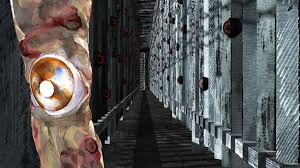Aesthetics of distress and hope: Two complementary exhibitions showcase Palestine’s rich cultural heritage
Article Published by The Jordan TimesBy Sally Bland – December 2017)
AMMAN — Two women. Two films. Two angles on Palestine’s past, present and future. Two complementary exhibitions by Samira Badran and Jumana Abboud. These mark the culmination of Darat Al Funun’s year-long programme, Falastin Al Hadara, showcasing Palestine’s rich cultural heritage from ancient times until today, with art, films, musical performances, workshops and lectures on archaeology, architecture, early print media and radio, photography, Palestinian poets and writers, and the history of music and popular culture.
Showing in Darat’s Blue House, Samira Badran’s film, “Memory of the Land”, is less than 13 minutes in duration, but it takes one’s breath away both with its aesthetic intricacy and perfection, and the horrific experience it conveys. One feels transported to another reality as the camera follows a human figure, deprived of head and torso, navigating an Israeli checkpoint, a tunnel-like series of cages separated by turnstiles. Yet, one knows that just across the river this is the daily reality for many Palestinians.
Two legs try to surge forward, two legs that are bombarded by psychological warfare as a disembodied voice barks out orders, that throb from the pressure of trying to escape the maze of iron bars, that are beaten by rifle butts and crunched by barbed wire, that sometimes seems stymied by the immensity of the task at hand, only to reconnoiter and try again. This is the Palestinian the occupation wants—alone, fragmented like the land, unable to think or feel anything besides pain, fear, self-doubt and humiliation.



